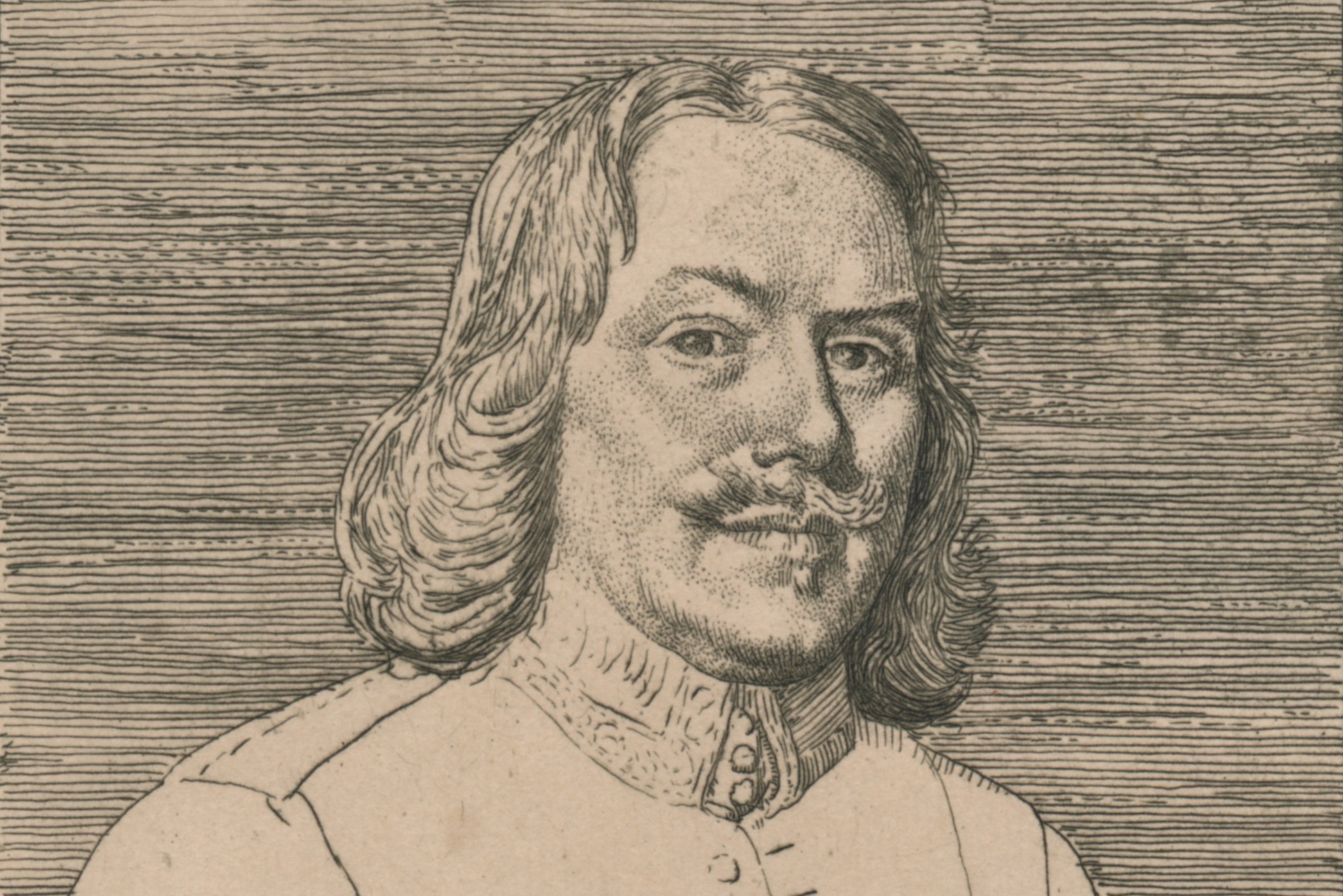He wrote the first novel in English literature: Who is John Bunyan?
He influenced the birth of the English novel with his work The Pilgrim's Progress, which was read almost as much as the Bible.

(1628-1688) English clergyman and writer. He influenced the birth of the English novel with his work The Pilgrim's Progress, which is read as much as the Bible. He was born in Elstosv, near Bedford, on November 1628, and died on August 31, 1688, in London. His father was a traveling tinsmith. Bunyan learned to read and write at the local primary school, then left school and learned his father's craft. Upon the outbreak of the civil war in 1644, he joined the army alongside the Parliament and served until 1647.
John Bunyan (30 November 1628 – 31 August 1688) was an English writer and Puritan preacher best remembered as the author of the Christian allegory The Pilgrim's Progress, which also became an influential literary model. In addition to The Pilgrim's Progress, Bunyan wrote nearly sixty titles, many of them expanded sermons.
In the three years that he participated in the civil war, he was influenced by the dark Puritan sects, such as the Quaker and Seeker, who fought among the Cromwellists. He got married sometime after leaving the army. His wife, who came from a religious family, had brought along with his dowry Arthur Dent's The Plan Mans Pathway to Heaven and Lewis Bayly's The Practice of Piety. While reading these books, Bunyan was deeply regretful about the life he had lived in the past, which was not considered religious. He eventually became a preacher, joining the Bedford separatist church in 1655.
Distinguished as a gifted speaker and preacher, Bunyan became one of the leaders of the Bedford church in 1659. When the Cromwell administration collapsed in 1660 and the Restoration period began, he became one of the leading figures among the anti-Christian sects of the English National Church. He was arrested in 1660, accused of holding mass against the traditions of the National Church, and sentenced to prison in 1661. During his twelve years in prison, he wrote his autobiography, Grace Abounding.
This spiritual autobiography of Bunyan's transition from sin and indifference to piety followed the stages of "temptation-sin-repentance-reward" as seen in other examples of this genre. King II in 1672. He was released from prison with the amnesty Charles proclaimed; That same year, he was allowed to preach with twenty-five priests against the National Church like himself. Although he was imprisoned again in 1677, this conviction is thought to have lasted no more than six months.
He published The Pilgrim's Progress in 1678. This work was about the protagonist Christian finding the way of God among allegorical people such as Hope, Ignorance, Worldly Reason, Regret, and his transition from this world to the next world. Despite being a religious work, On the Road to Pilgrimage immediately became a popular book for its fluency in its narrative, the traces of folk tales that influenced me from Bunyan's childhood, and the realism of its descriptions. The writers, who produced within the tradition of the secular novel that would start with Defoe in the 18th century, benefited from the narrative techniques and patterns that were outside of Bunyan's allegorical elements for a long time.
